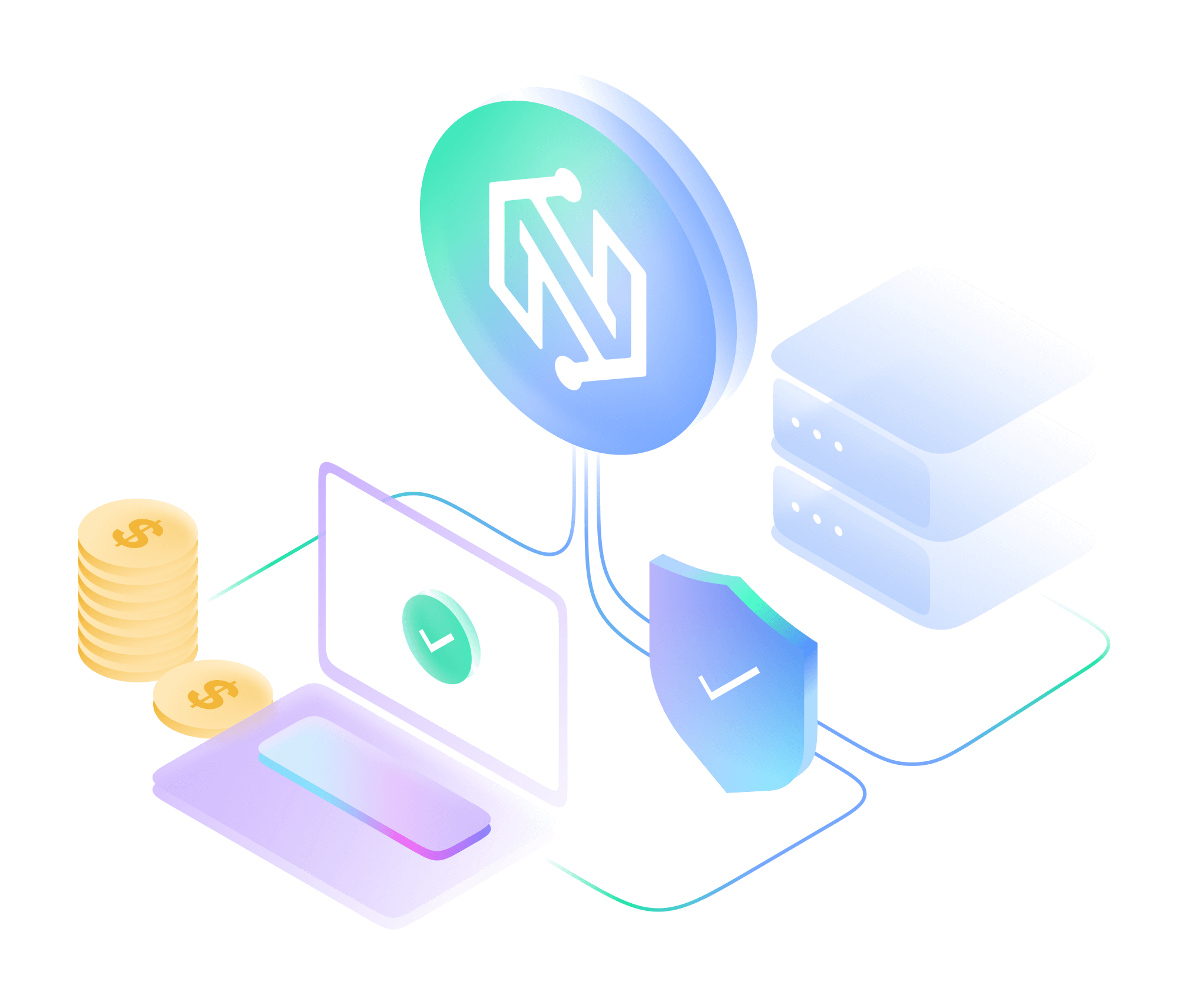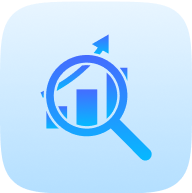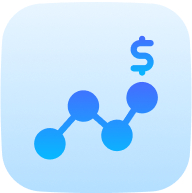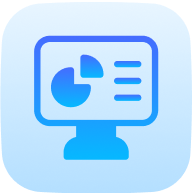- Use Cases
- Web Scraping Proxies
Web Scraping Proxies
- 30 Million Unique Residential IPs
- 99.9 SLA Uptime
- Less Than 1 EUR Per GB for High Volume Packages
- 0.5s proxy response time

Best Industry Option
Get More Data for Less Money
Use our high-quality residential proxies to maximize your web scraping success rates, extend the lifespan of your accounts, and reduce overall costs by minimizing failures and bans with other providers.


24/7 Expert Assistance
Chat with Our Experts Anytime, Anywhere
Reach our expert support team through your preferred communication channels, including WhatsApp, Telegram, email and others so you can start scraping right away.
Reduce Operational Costs
Scrape Data With The Highest Success Rates
Optimize your web scraping process with our top-tier proxies, ensuring minimal bandwidth waste and maximizing successful requests for more efficient and cost-effective web scraping.

Flexible Pricing Options and Lower Costs
- Avoid fixed monthly fees billed by other providers
- Use our pay-as-you-go pricing and maximize ROI
- Pay only for the traffic you use without commitment
- Less Than 1 EUR Per GB for High Volume Packages

We Serve Customers Like You

Market Research

Price Monitoring

SERP Data Analysis

Ad Verification
Scrape Data Without Geo-Restrictions
USA
227 590 IPs
Canada
UK
143 436 IPs
Germany
211 216 IPs
France
227 590 IPs
Italy
227 590 IPs
Here’s Why Our Customers Love NodeMaven
Our price comparison tools used to be hit-or-miss due to unreliable proxies. Since using these filtered residential proxies from NodeMaven, we get consistent, accurate results, giving us a real competitive edge.
— Markus S.
Affiliate Marketing
Finding clean proxies for our diverse client projects was a constant headache. NodeMaven constantly delivers the quality we need, streamlining our workflow and boosting client satisfaction.
— Alejandro R.
Affiliate Marketing
Finding clean proxies for our diverse client projects was a constant headache. NodeMaven constantly delivers the quality we need, streamlining our workflow and boosting client satisfaction.
— Alejandro R.
Affiliate Marketing
FAQs about Web Scraping Proxies
What are web scraping proxies?
Web scraping proxies are intermediary servers that web scrapers use to hide their IP addresses and bypass restrictions or rate limits set by target websites. They route requests through different IP addresses, making it appear as if the requests are coming from multiple users in different locations. This helps avoid IP bans and access geographically restricted content. NodeMaven’s proxies ensure high-quality IPs, reducing the chances of bans and increasing the effectiveness of your scraping activities.
Is web scraping illegal?
Web scraping itself is not inherently illegal, but it can become illegal depending on how it is done and what data is being scraped. Scraping publicly available data generally falls into a legal gray area, but scraping private, copyrighted, or sensitive information without permission can violate terms of service and data protection laws. Always check the legal considerations and terms of service of the target website before scraping. Using NodeMaven’s proxies, with their clean IP records, can help mitigate some legal risks by ensuring compliance with website policies.
Is a VPN or proxy better for web scraping?
Proxies are generally better for web scraping than VPNs. Proxies offer a pool of IP addresses that can be rotated to avoid detection and bans, while VPNs typically provide a smaller number of IP addresses. Proxies also allow more granular control over the IPs and requests, making them more suitable for large-scale web scraping tasks. NodeMaven’s residential proxies provide super sticky sessions lasting up to 24 hours, offering stability and reliability that is often superior to VPNs.
What types of proxies are best for web scraping?
The best types of proxies for web scraping include:
- Residential Proxies: Provide high anonymity and are less likely to be blocked. NodeMaven offers industry-first IP filtering, ensuring 95% of IPs have clean records.
- Mobile Proxies: Use IP addresses from mobile carriers, providing high trust and anonymity
Do proxies affect the speed of web scraping?
Yes, proxies can affect the speed of web scraping. The speed impact depends on the type and quality of the proxy. Datacenter proxies usually offer the fastest speeds, while residential and mobile proxies might be slower but offer higher anonymity. Rotating proxies can also introduce latency due to the switching of IP addresses. NodeMaven’s advanced filtering and super sticky sessions help maintain optimal speeds while providing high-quality, reliable connections.
Can I scrape data from any country?
Yes, using proxies, you can scrape data from any country. By selecting proxies located in the desired country, you can access region-specific content and avoid geo-restrictions. NodeMaven’s proxies offer city-based targeting in over 1400 cities across 150+ countries, enabling you to scrape data globally. However, it is important to consider the legal and ethical implications of scraping data from websites in different countries, as laws and regulations vary.
Start Scraping Data Today at Flexible Pricing Options
Table of Contents
Step 1: Use Residential Proxies for Hard-to-Scrape Websites
Some websites are notoriously hard to scrape, using advanced anti-bot measures. Residential proxies, which come from real user devices, help you blend in and avoid detection by mimicking legitimate traffic. Always use residential proxies for websites with strict anti-bot policies.
Step 2: Rotate IPs Automatically to Avoid Bans
Most websites track repeated requests from the same IP address and might block your IP if too many requests come in a short period. Rotating proxies allow you to send requests from different IPs automatically, reducing the chances of getting blocked and increasing the success of your scraping operations.
Step 3: Target Geo-Specific Content
If you’re scraping data that’s region-specific, such as localized search results or regional product pricing, proxies let you target specific countries or cities. Use proxies with geo-targeting capabilities to scrape content relevant to your audience or market research without restrictions.
Step 4: Emulate Real User Behavior with Headers and Delays
To further avoid detection, it’s important to simulate real user behavior during scraping operations. Set random time delays between requests and use proper HTTP headers, such as user agents, to match what a real browser would use. Pair this with rotating proxies for better success.
Step 5: Warm Up Proxies Before Scraping
Some websites track your IP history or look for suspicious behavior like logging in immediately after creating an account. Warming up your proxies by browsing the site naturally before scraping helps you build a cookie trail and appear more like a real user.
Step 6: Use Captcha Solving Tools
Many websites deploy captchas when they detect suspicious activity. Incorporate a captcha-solving tool into your scraping setup to bypass these challenges automatically. Make sure your proxies are compatible with captcha-solving tools for uninterrupted scraping.
